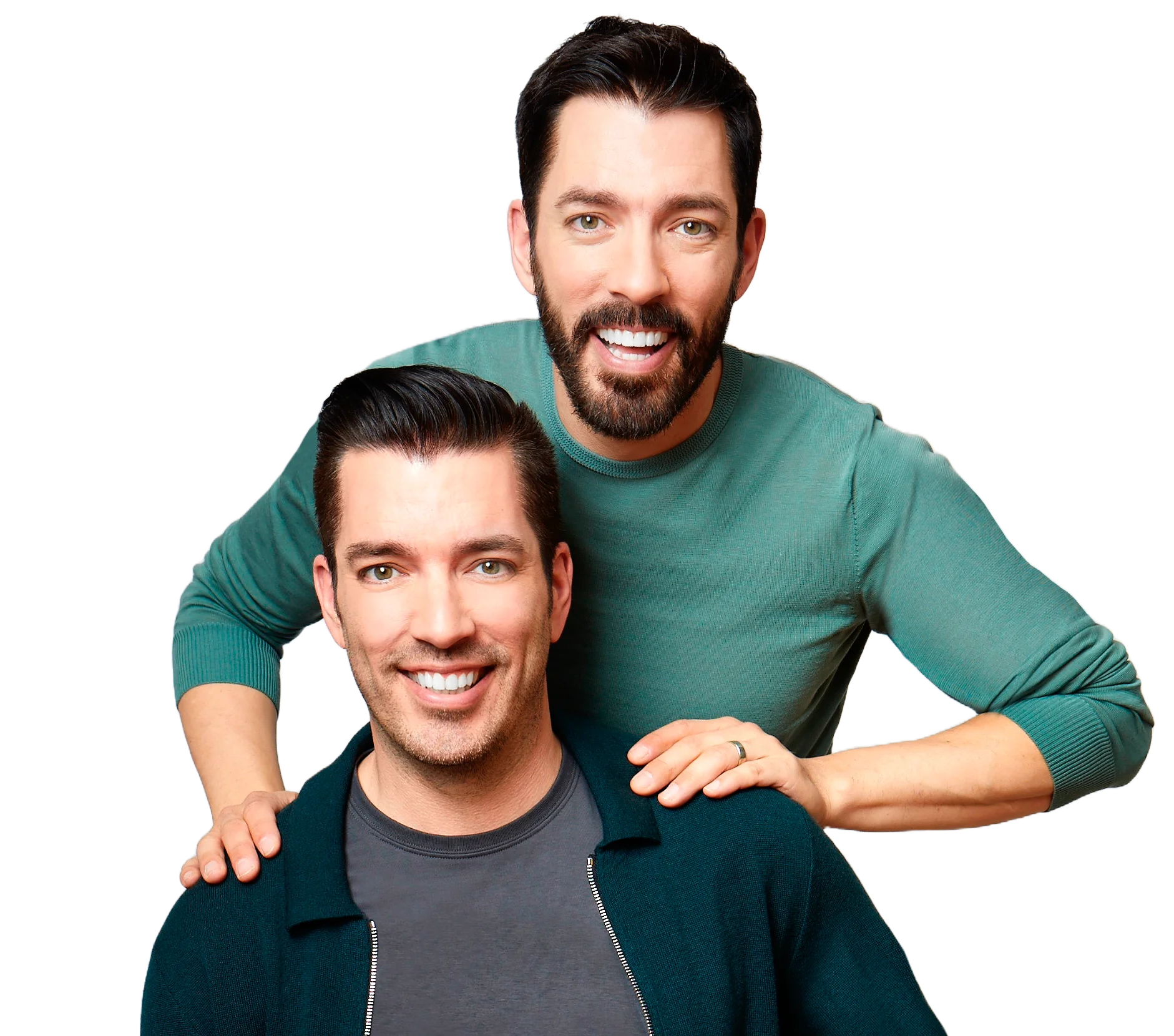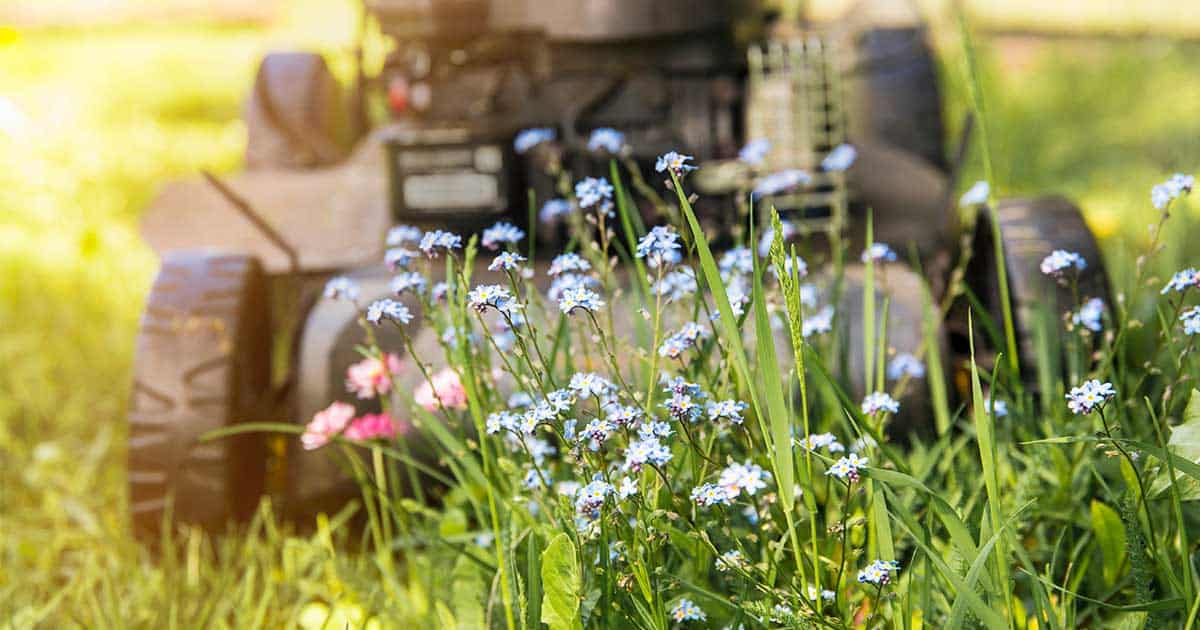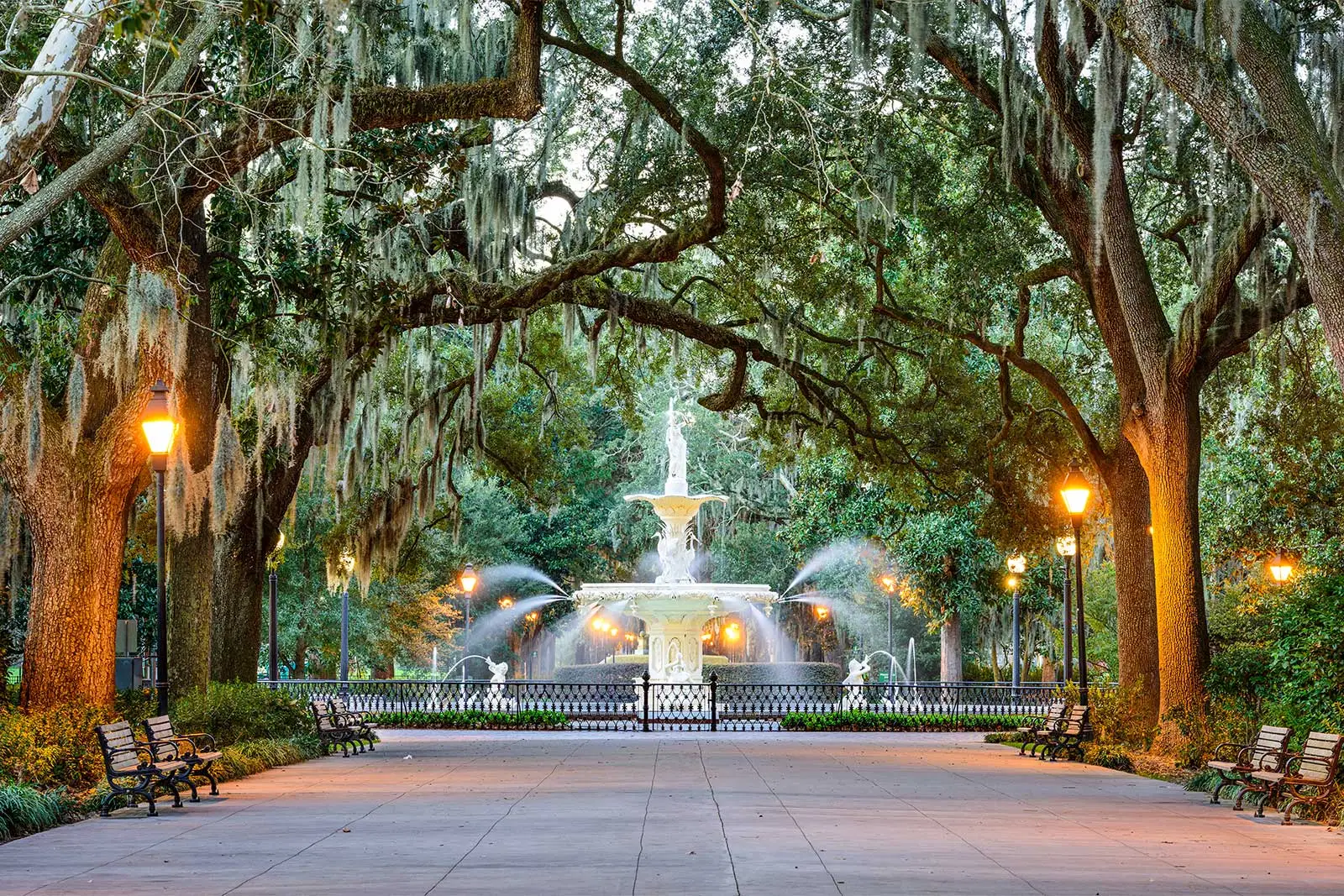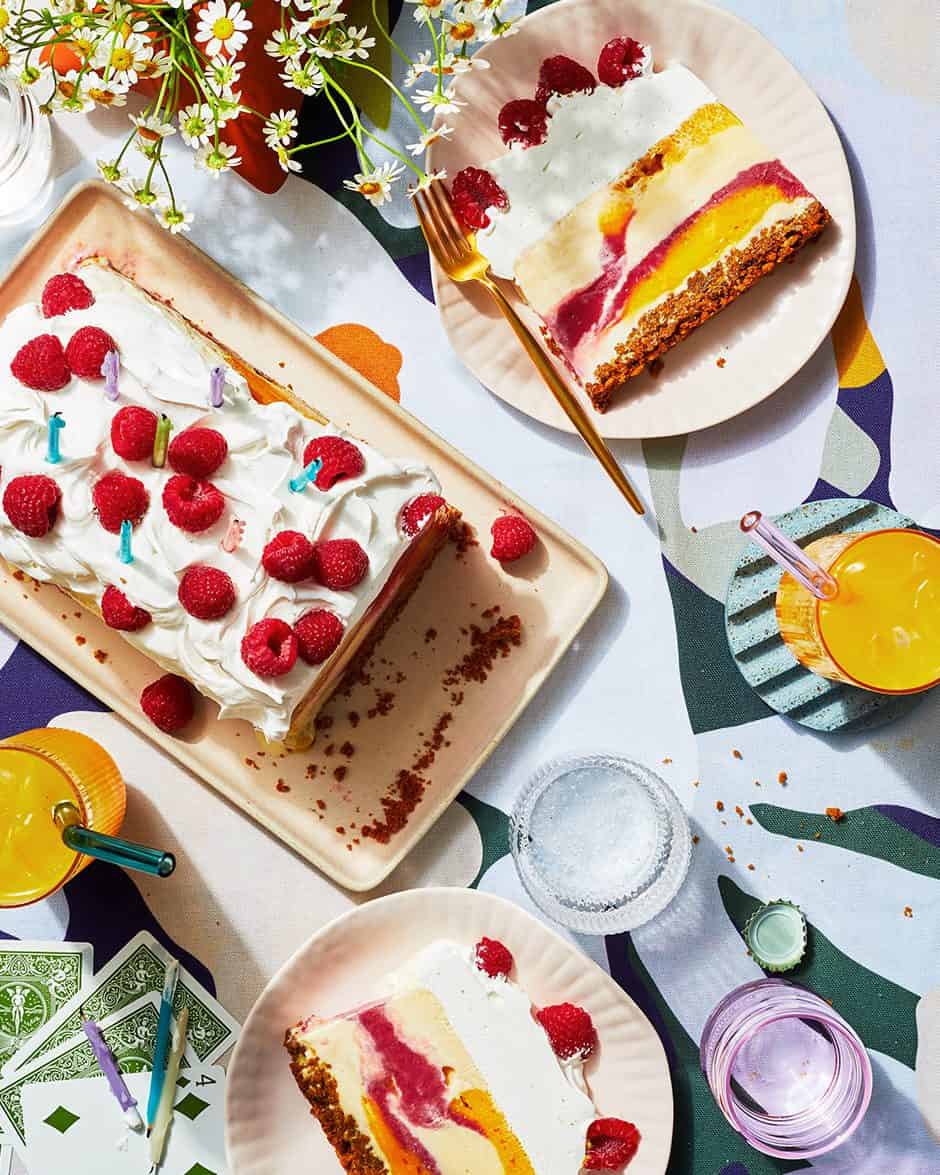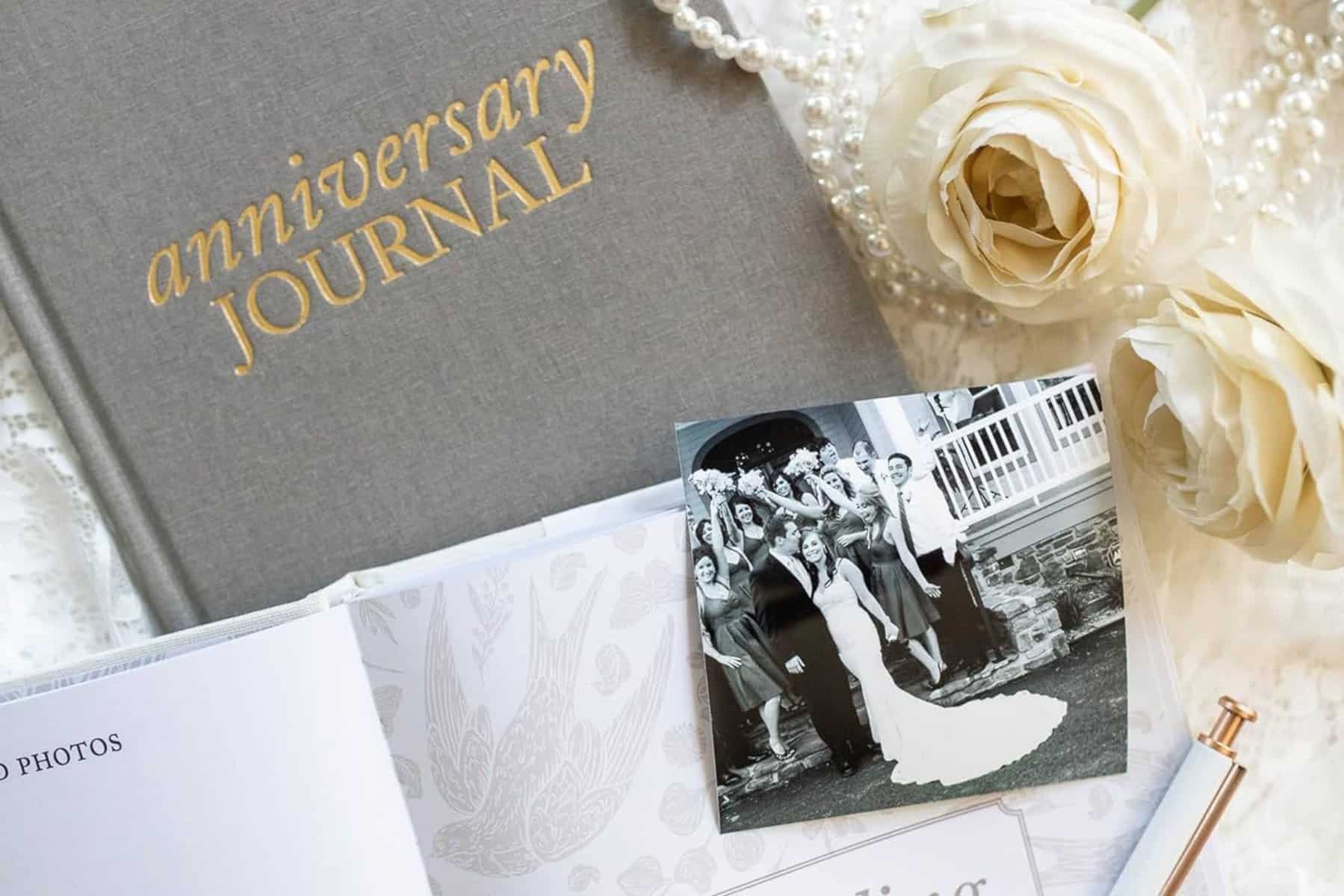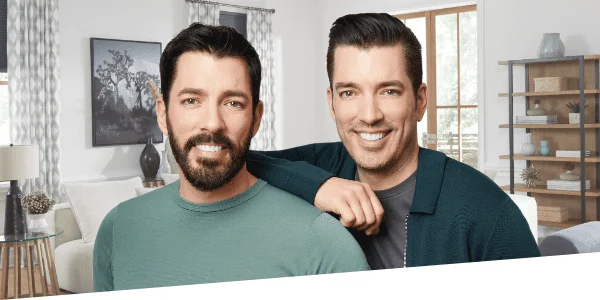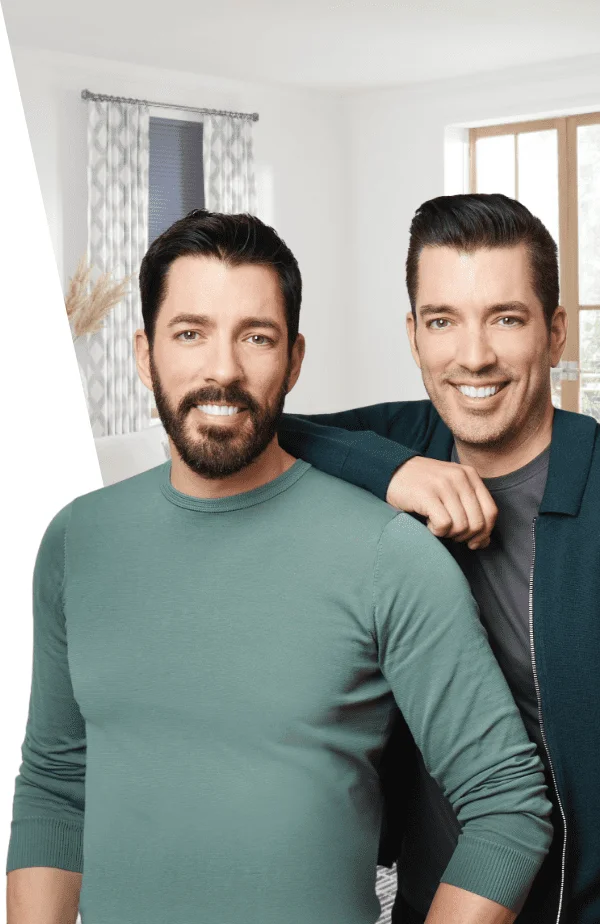Paradise Found
When the pandemic hit, Maui’s economy ground to a halt. Here’s how one family grew closer to each other—and the earth—using generations-old lessons in growing and gathering.
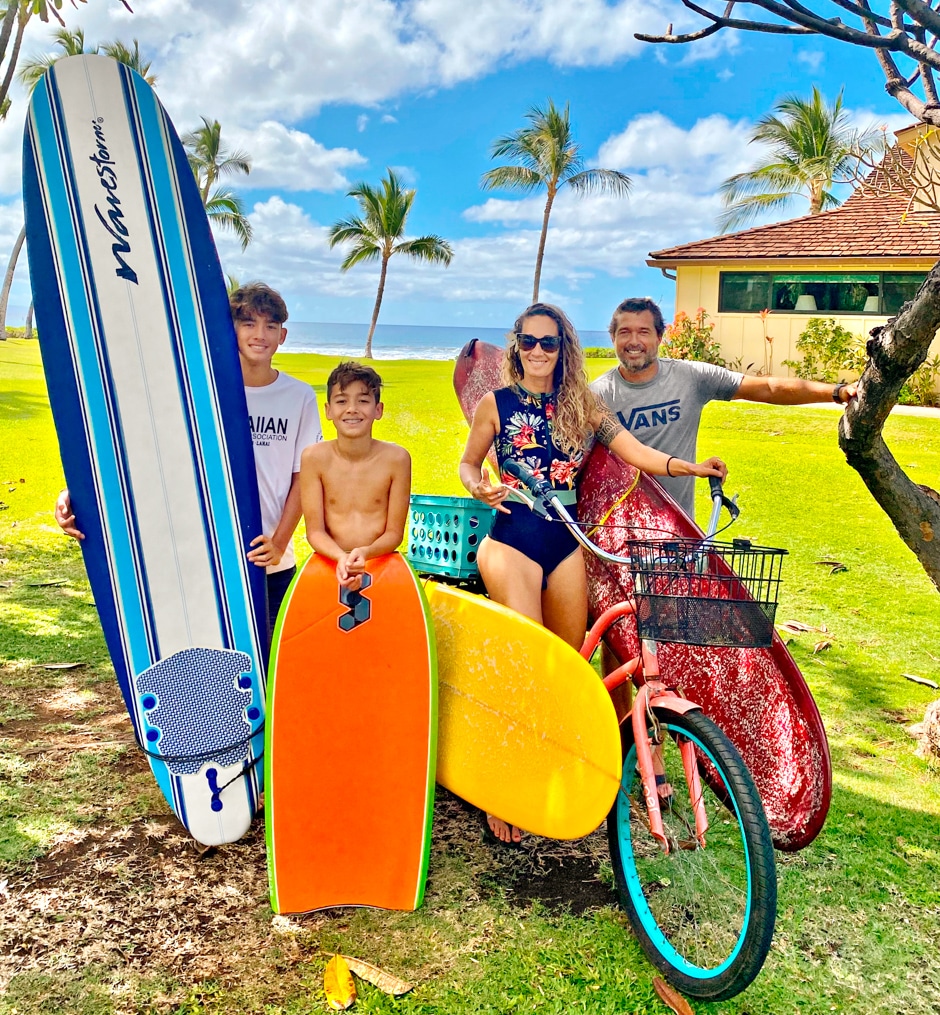
Katiouschka Achimoff, age six, stood with a palmful of seeds in her grandfather’s garden, carved in the jungle on a South Pacific island far off the Australian coast. Indigenous to their island of New Caledonia, her papou had shown her how to poke holes in the soil about three inches apart and place two seeds in each.
Looking back, Kat laughs. She didn’t want to offend him, “but inside, I was like, Are you kidding me right now? That’s gonna take forever.” Months later, her parents drove her five hours across the island again, and she spotted rows of tomatoes, carrots, and cabbages. “I could not believe that I’d planted that from a teeny-tiny piece of seed.”
After dinner, Kat and her brother walked to neighbors’ houses with their cousins and their papou, sharing the bounty. “My grandpa told everyone that my cousins and I had fed the family,” she says. “We just planted it and he took care of everything. But we took so much pride.” She and her cousins spent school breaks there, gardening by day and at night snuggling into one big bed in the tiny house.
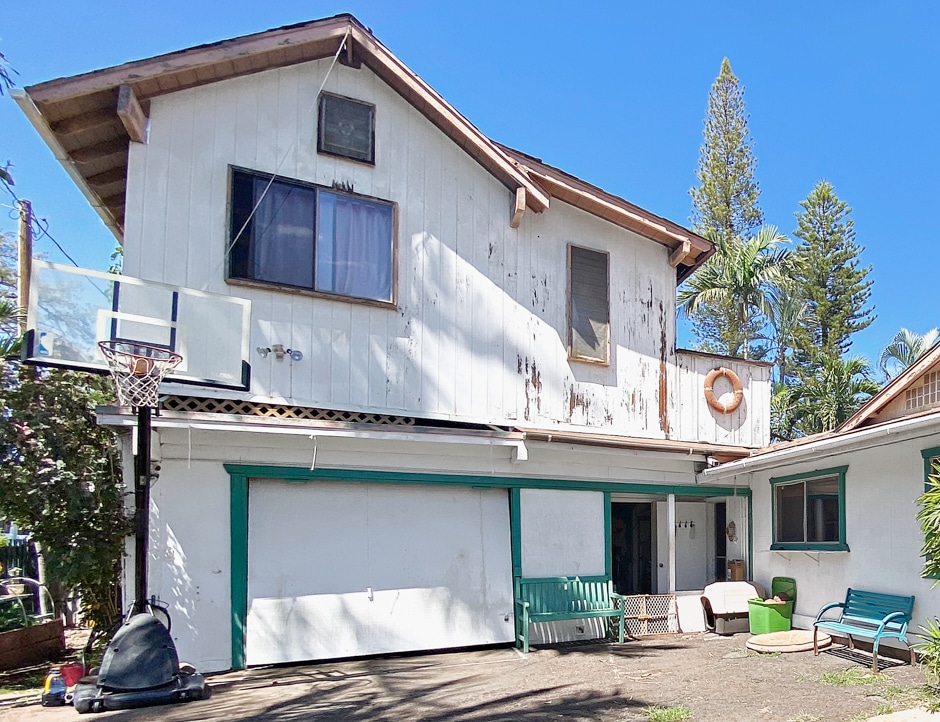
Tensions in the region eventually forced Kat’s grandparents to abandon their home and join Kat and her parents on the other side of the island. Kat’s grandfather transformed their acre of land into a farm with ducks, pigs, chickens, and vegetables. In the evenings, Kat helped him remove slugs from his plants. The family avoided purchased food and pesticides because, according to her papou, “that would be poison to us.”
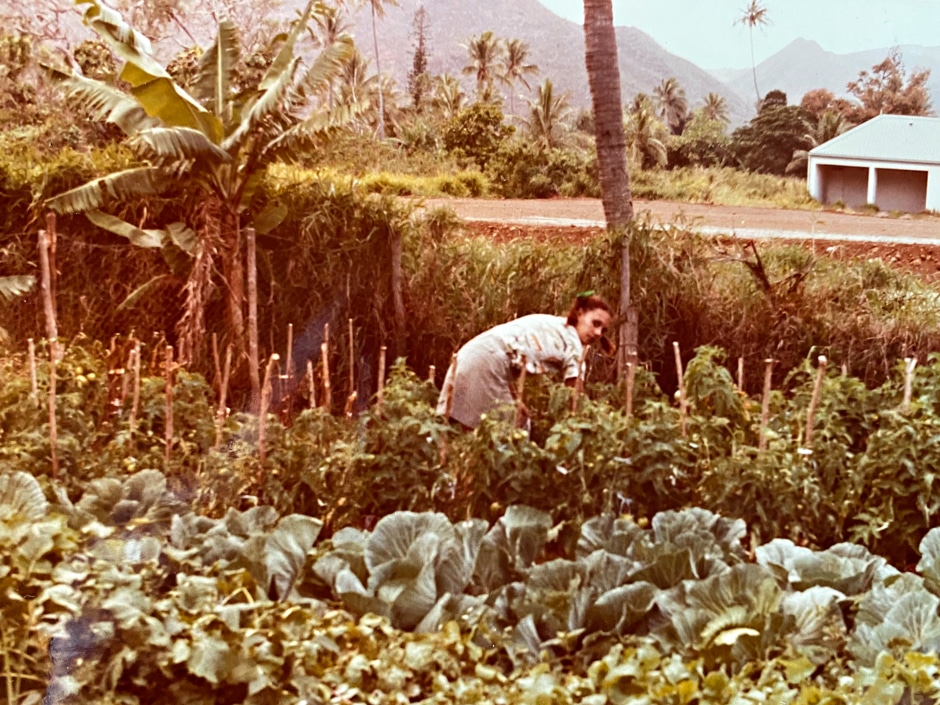
After high school, Kat set out with a friend to see the world, making her way to southern France. That’s where she met and fell in love with her husband, Flo. She later moved with him to Los Angeles. A native French speaker, Kat learned English and began working for a travel agency.
But L.A.’s miles of concrete sapped her energy. The cold, murky North Pacific seemed unfriendly compared to the turquoise waters she knew, and she missed jungle adventures with her dad. “My soul wasn’t fed enough,” Kat says.
She and Flo decided to try Maui, midway between New Caledonia and California. She landed a job managing a surf school while he carved out a career in graphic design. They started a family and fell into a busy rhythm of working and taking their two sons to school and activities—basketball, jujitsu, French lessons. Housing is expensive on Maui, but they kept an eye on a rental they loved and eventually landed it. “To me, it felt like a family home,” Kat says.
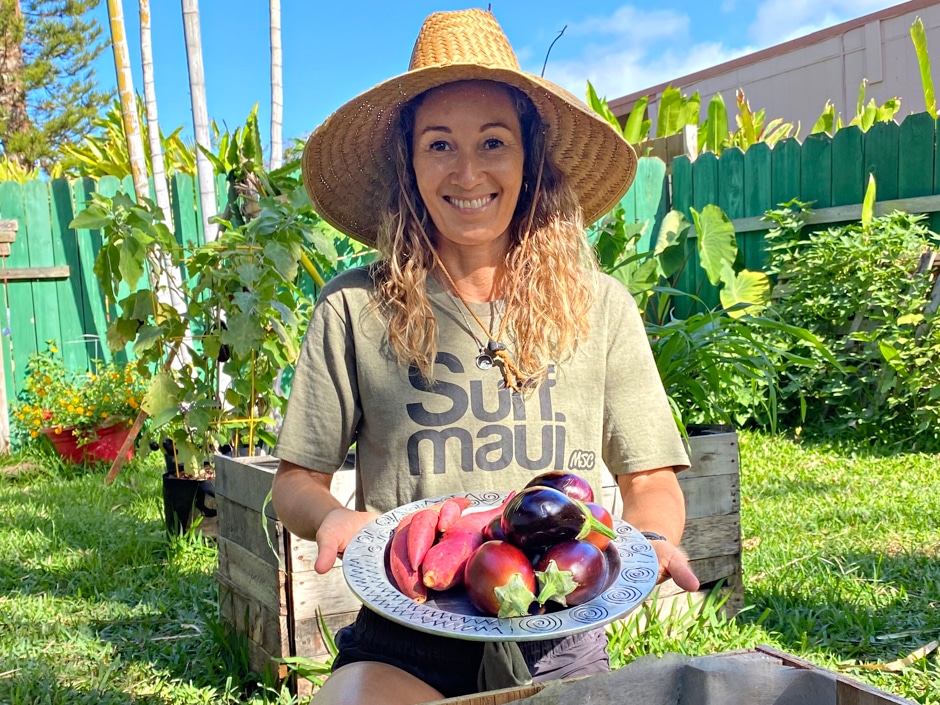
As a side gig, Kat launched Oui Tour Maui, offering eco-cultural tours. Business was booming when the pandemic hit. At first, Kat and Flo told themselves it wouldn’t last long. When he was laid off, he found odd jobs. But Kat’s income had vanished and they began to panic. How could they make rent and buy groceries without tourism, which generates nearly 80 cents of every dollar earned on the islands?
That’s when Kat’s childhood lessons turned from sentimental to fundamental. “OK, we live by the ocean,” she told Flo and the boys. “I know that the fishing is good. And we have a yard.” She watched YouTube videos and enrolled in a gardening class to brush up on her skills.
A few months later she was harvesting cucumbers and eggplants. She added breadfruit, passion fruit, zucchini, lettuce, tomatoes, corn, asparagus, and more, netting her a savings of about $60 a week on groceries. “It’s a small yard, but having this on your table every night, it adds up,” she says. “I cracked the code.”
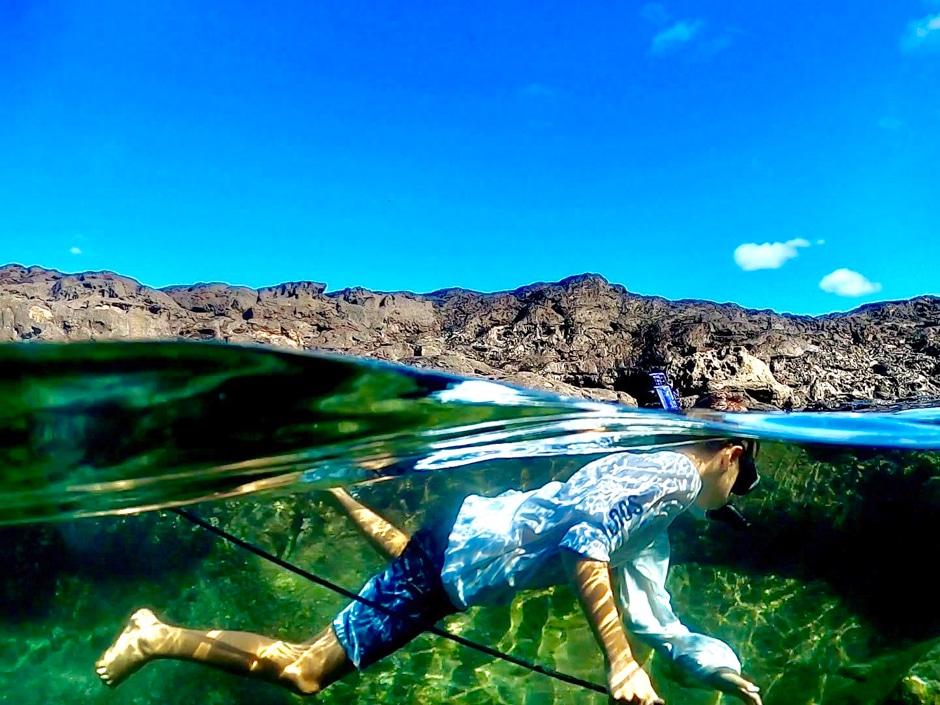
Using a borrowed kayak, the boys tried fishing and brought home a 15-pound sashimi-quality uku that they cut up and shared with neighbors. She taught the boys to clean their catches at a sink in the yard. “Do they whine about it? Absolutely,” she laughs. “But when they come in from fishing, they’re happy to show their friends how.”
A difficult year has taught her, again, how the rhythm of growing and gathering food can bond a family. It’s a lesson she’d almost lost in the busyness of modern life: work and commitments, school and schedules. And more than ever, she treasures the home that became their sanctuary during the pandemic and their guide for reconnecting with the earth, the sea, and the natural rhythm of life.
Now, after the dinner dishes are put away, Kat heads outside to pick slugs off plants. Brushed by ocean breezes, she thinks about her grandfather and finds peace in the simple lesson that has stretched across the eternity between them: “If you stick to your routine, everything will flow.”
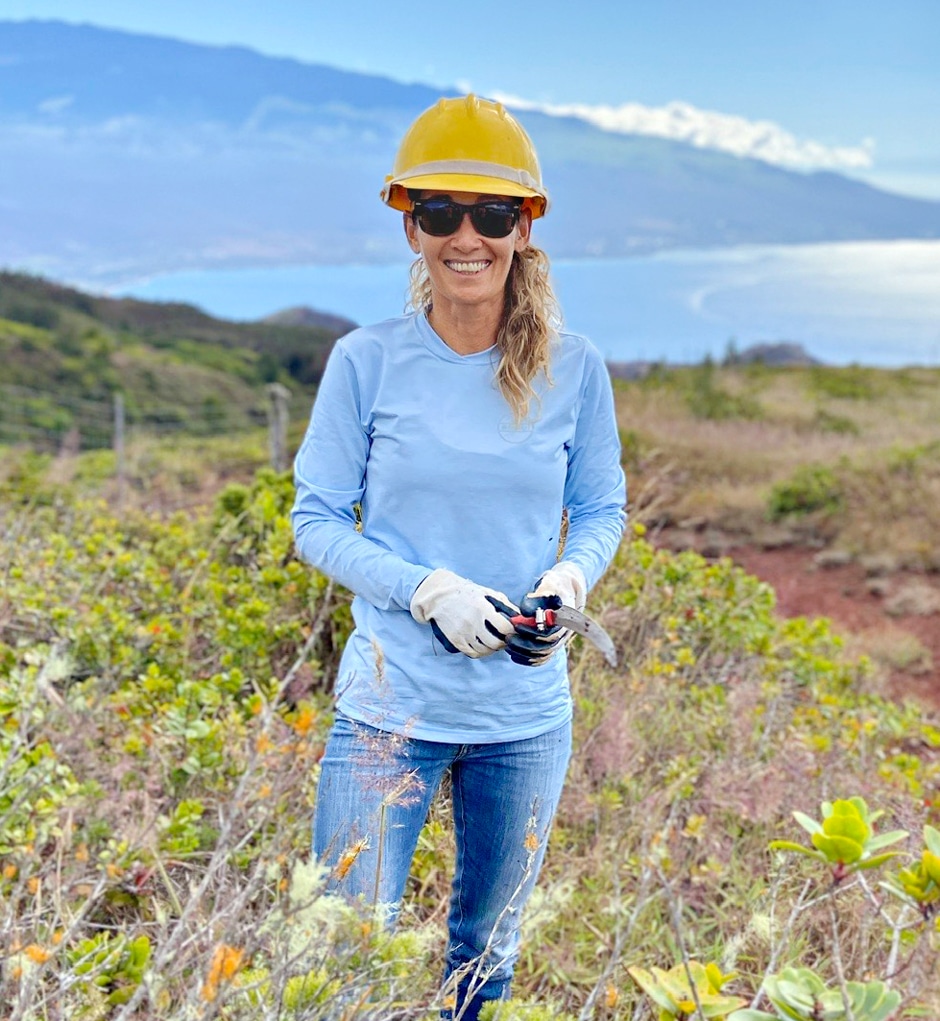
Sustaining the Place That Sustains Her
To Kat, the island is as much her “home” as the house she lives in on it. And as with a house, she wants to take good care of it. So she volunteers with Maui Cultural Lands, a grassroots land trust organization that aims to protect natural resources and help keep Hawaiian culture and traditions alive.
Volunteers (yes, even tourists!) can join weekend maintenance projects focused on reforestation and archaeological preservation. “This is where my heart is,” says Kat. “When I do this work, I feel my soul thriving.” To get involved, visit mauiculturallands.org.
“It’s so beautiful how the earth works. If we can learn how to take care of the land we live on, it will take care of us.”
—Drew
By Ann Hinga Klein | Photography courtesy of Katiouschka Achimoff
